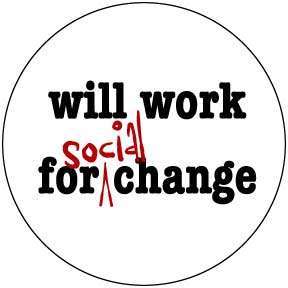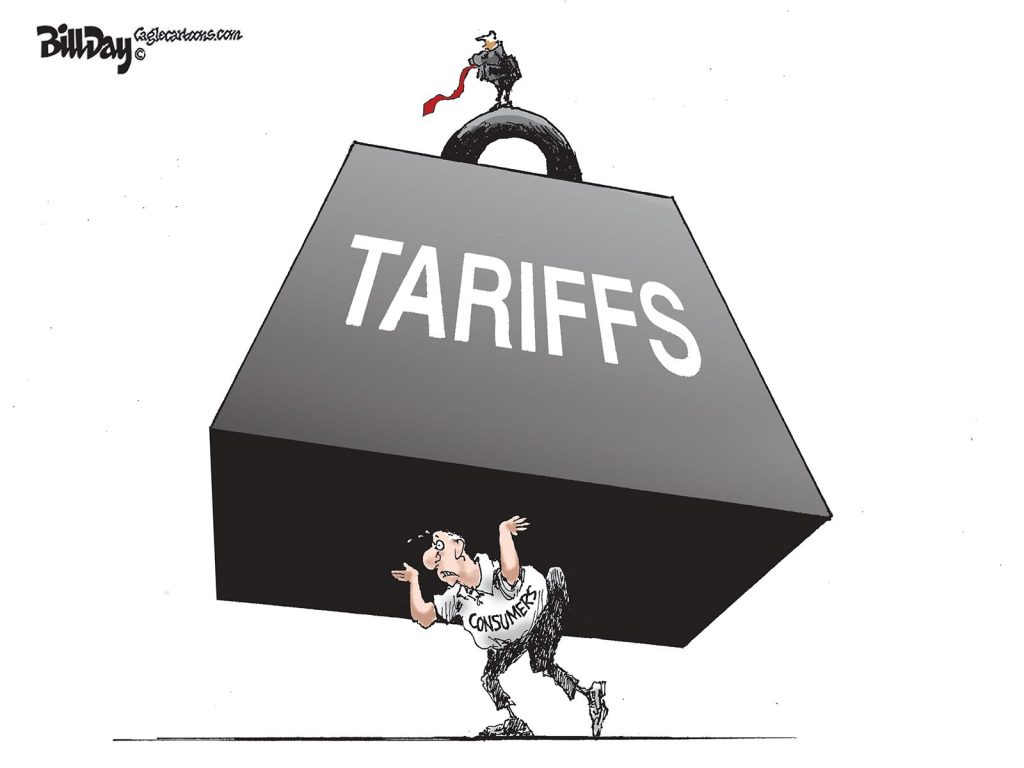Last year about this time, Ben Self, co-founder of the company that led the digital part of the Obama campaign that transformed political campaigns as we have known them, laid out a glimpse into Memphis if it becomes the first city to apply the tools to city-building. With all of the exciting energy emanating from the grassroots in Memphis, it seems like a good time to revisit his comments.
It was a provocative presentation for the Lexington, KY, native who commutes to his firm’s home base in Washington, and the unmistakable take-away was that the tools that he has pioneered will irrevocably change our world.
Whether it will change Memphis is another question altogether. But we’re hoping that his presentation was the spark.
Our World Is Flat
God knows, there were an awful lot of really smart people and really technologically savvy people among the 520 people who heard him speak at University of Memphis. Based on the enthusiasm after his speech, we hope that someone will take up the mantel and make something happen.
That’s the most wonderful thing about Memphis. Long before Tom Friedman discovered that it is a flat world, we already had a flat city.
Here, there’s no Brahmins who have to sign off before you can launch a new movement. In fact, any one can stake out a position and announce something
new and people will generally rally to support them.
Memphis’ Special Gift
It’s what Geoff Calkins, the talented Commercial Appeal sports columnist, called “Memphis’ gift” in eloquent comments to Leadership Memphis a few months ago. “People here care and look out for each other.
Sometimes in the midst of the drumbeat of fear and negativism here, I have to stop and remind myself what I love about Memphis: the opportunity is there for all of us to shape Memphis.
“Every one of us can make a difference. It’s not that we have an obligation. It’s a gift. It’s an opportunity that doesn’t exist in other places. You can easily get involved in what gives your life purpose and meaning.”
Well-said. We know cities that do just the opposite. Before you can really proceed with a certain project or program, you need the blessings of the handful of people who have life and death control over the funding and influence that you need for success.
Letting It Happen
In other words, if Memphis is a flat city, imagine the impact that could come from technology that encourages and connects us as a group of self-organizing citizens. But, it requires more than the hardware. More to the point, it requires a new approach to community. It requires people, organizations and companies to relinquish control, because at its heart, the “community” being created has to be authentic and personal at its core.
As evidence for this, he pointed out how tens of thousands of Obama supporters actually used the tools on his website to band together and oppose his position against investigating the Bush Administration for possible violations of the law.
However, Obama supporters used his website to organize 200,000 offline events of their own without campaign direction. “What you want to do, whether it is for a campaign or a business or a nonprofit is to build relationships online with technology so people can do great things.”
Blasting Barriers
Best of all, the technology flattens the election process so that the new president is beholden to 13 million people on his email list rather than a group of fundraisers. In the end, 65% of the Obama campaign’s $770 million was raised online, redefining what campaigns will be like in the future.
“We knew we had to do something different to win,” said Mr. Self, and clearly they did that. More than 14 million hours of videos were watched on youtube and more than 65 million voters were talked to as part of the strategy of “money, message and mobilization.”
“Technology can break down traditional barriers” and connect people from one end of the country to the other in a conversation about policies and issues. For example, contributors to the campaign were connected to other regular contributors to talk about shared concerns and to develop a community in which people felt ownership.
New Expectations
“Because of new technology and new tools, people to expect to interact with organizations differently,” he said. “You can adapt now or adapt later, but sooner or later, you will adapt, because you can empower people to do more than they ever thought possible.”
To those who would suggest that government websites shouldn’t give citizens a platform to trash their city or go on company websites to criticize a company. “They are going to say the same things about you,” said Mr. Self. “You can invite them in where you can have a conversation or you can keep them out, but then, you never have a chance to tell them the other side or explain a position.”
But, and it’s a big but, the website has to provide the focal point, but allow for things to develop organically. For example, he pointed to a website in New York that was set up because Mayor Bloomberg wanted to plant one million trees; however, rather than the city pay and plant all the trees, a website was set up to allow people to self-organize and do it themselves.
Already, people have planted 173,000 trees, and on the site, they have the chance to donate, to ask for a tree on a street, to report that a tree was planted, and to volunteer.
7 Suggestions
So, what was Mr. Self’s advice to people who want to use the new tools and technology to create a community?
• Build a relationship by talking to people regularly about something they care about. That doesn’t mean to send press releases or emails from organizations. Make it personal and authentic.
• Be relevant. Talk to people where they live.
• Be authentic. Talk to people like they’re people, not an email address, and have a voice.
• Be transparent. Pull the curtain back so people don’t have questions about your motives or your purpose.
• Lower barriers to entry. Raise your expectations.
• Measure everything. Technology adds a whole level of accountability not there before.
• Focus passion. It can be about an issue, a candidate, a business or a nonprofit. You may not think of your group or organization as passionate, but you have to build an organization that is. You can’t hide your lack of passion with technology.
Yes, We Can
Here’s why it matters to Memphis. Our colleague, Carol Coletta, president and CEO of CEOs for Cities, summed it, saying that the first city that can apply this technology to the problems of cities is the one that wins.
With Memphis’ rich vein of entrepreneurship and innovation, it’s hard to see why it can’t be us.


